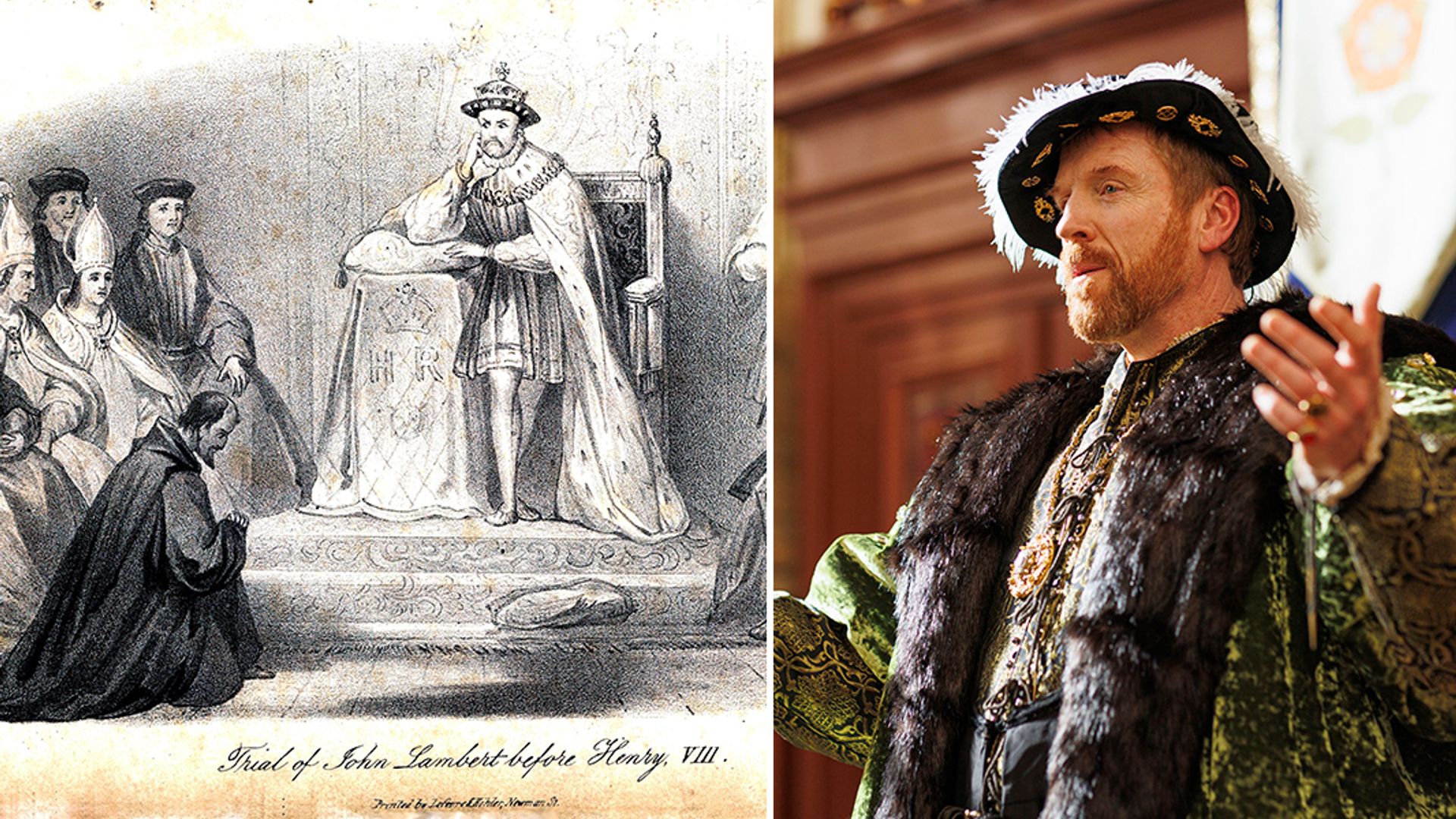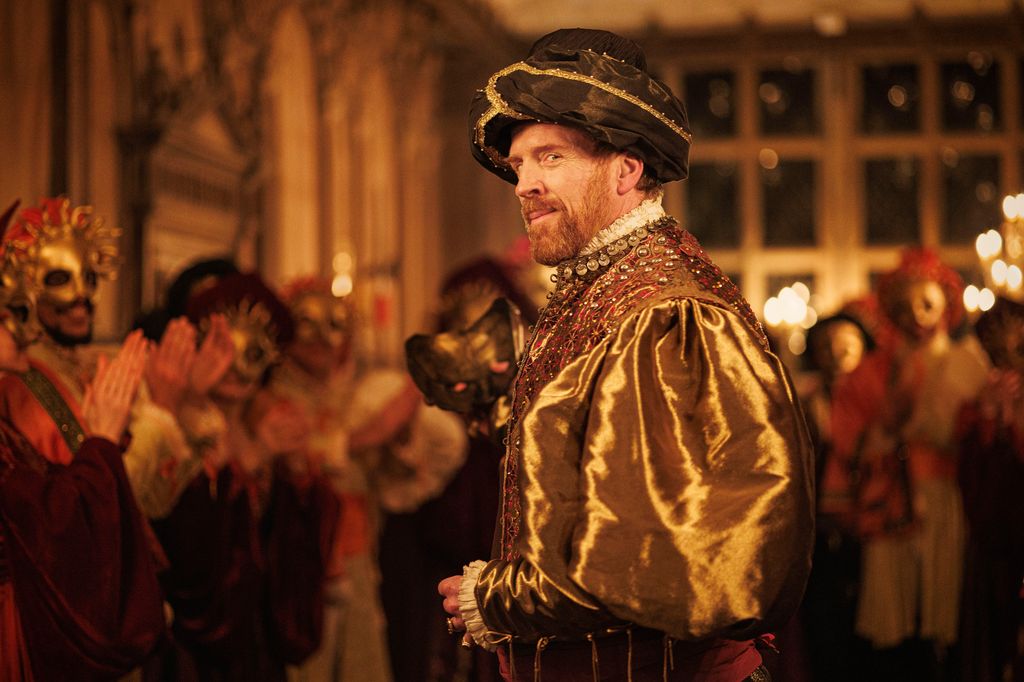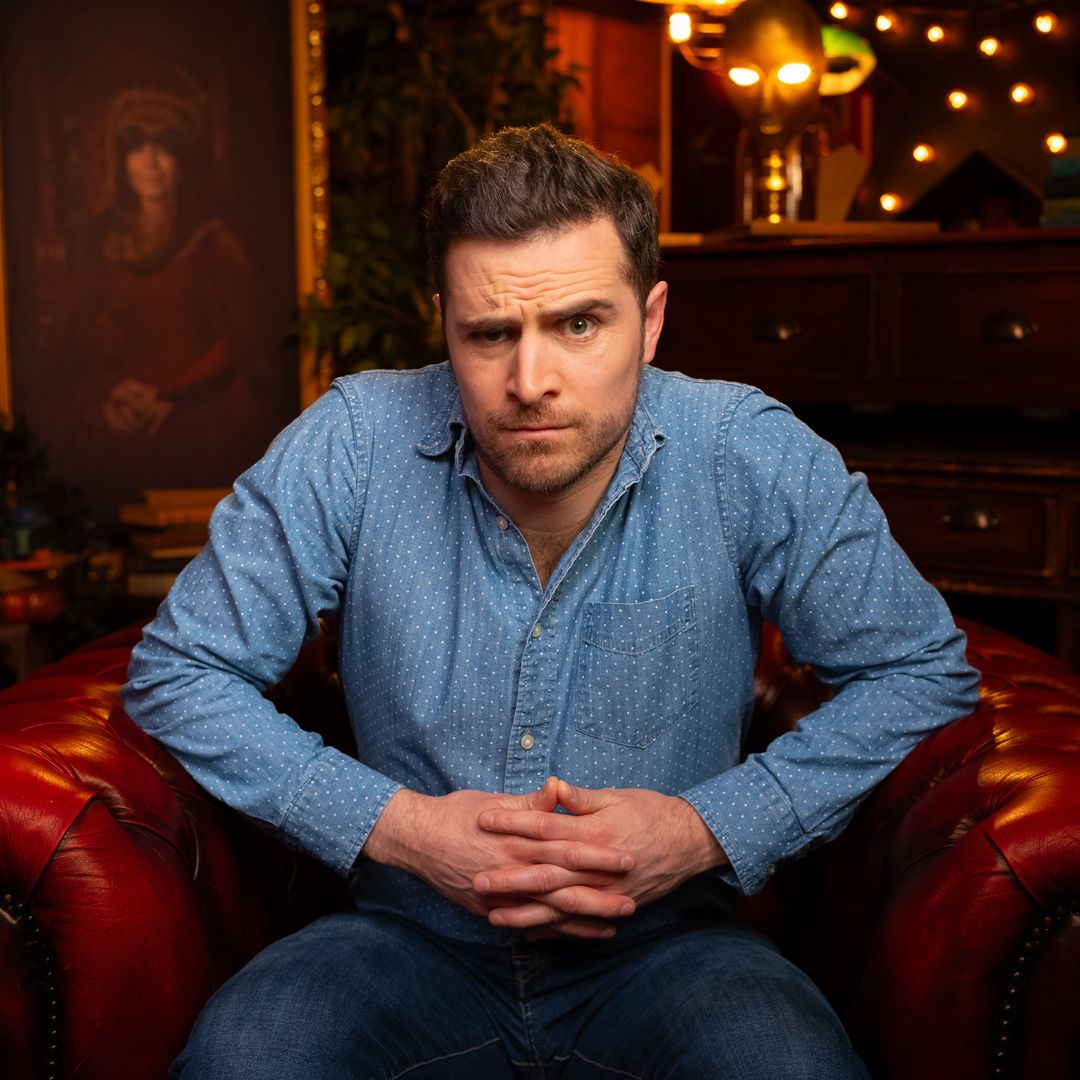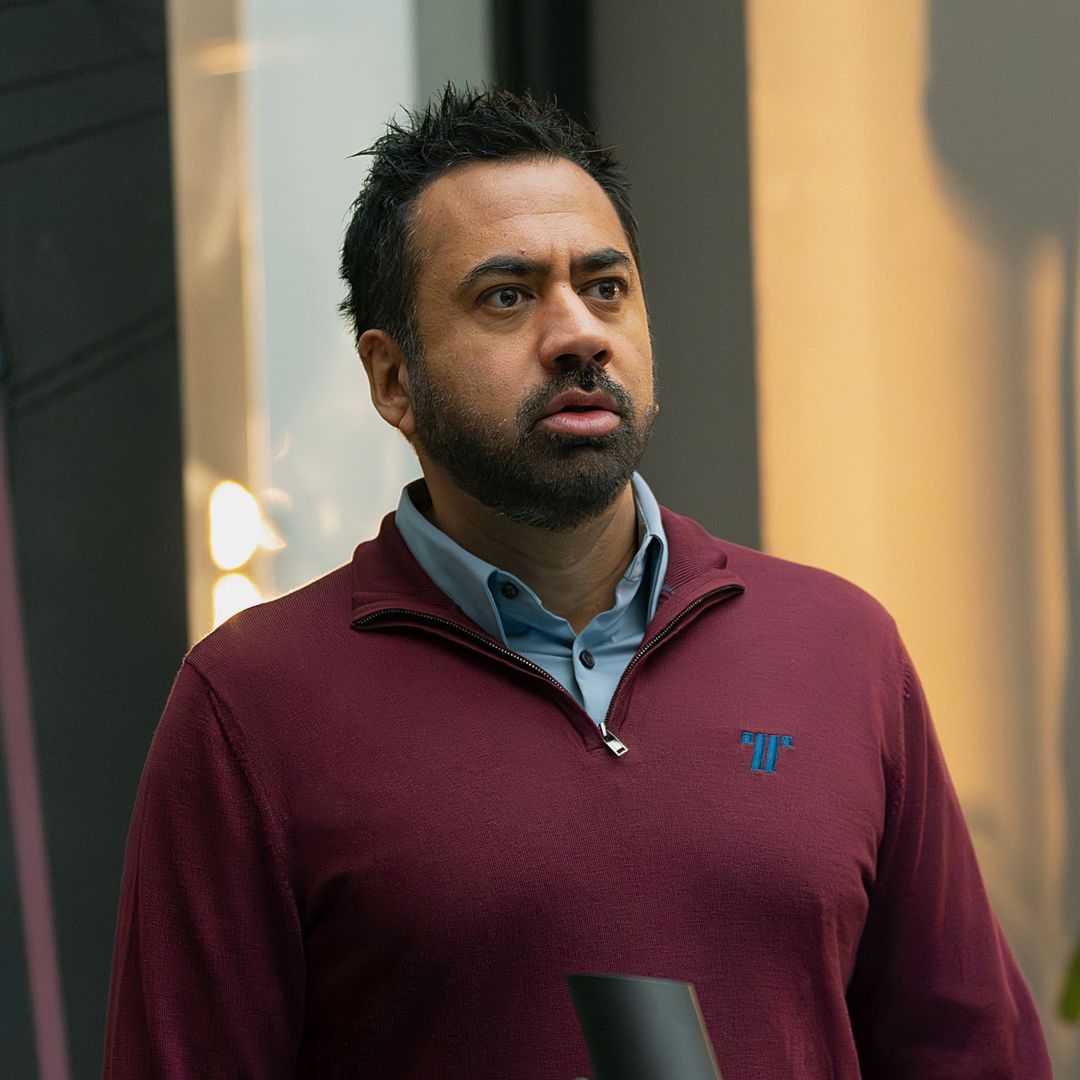As Wolf Hall season two draws closer to Thomas Cromwell's ultimate downfall, the latest episode featured John Lambert, a friend of Thomas' and a protestant who was accused of heresy by the Duke of Norfolk.
His claims included that there was no real presence of Christ in bread and wine of the Eucharist, and the Catholic Church's teaching of transubstantiation. In the show, John has a public debate with King Henry VIII where he admits his beliefs, and he also states that Priests should be able to marry and women should be able to teach.
The episode suggests that Stephen Gardiner attempted to set Cromwell up to publicly agree with John - but he instead sides with the King - essentially condemning John to death. Sadly for John, the King was never going to listen to his point of view, as he had been informed that he was unpopular in Europe following his religious Reformation.
Later he tells his men: "Gardiner's right, God rot him. How could I speak in support of the King, and condemn a man whose views I entirely share?" He later says: "What good is my rule if I can’t save John? If he can burn John Lambert, he can burn any of us. Any of us. I should have spoken."
While this scene appears to be fictionalised, Thomas was condemned for death, and was burnt at the stake in 1538 - which also served to make an example to other 'heretics'. During his execution, he repeated: "None but Christ!" While Thomas reportedly watched the proceedings in tears. However, John's ultimate fate wasn't revealed in episode four.
The show also sets up an examination of Thomas' own beliefs, as he was ultimately executed for treason and heresy without a trial in 1540.










